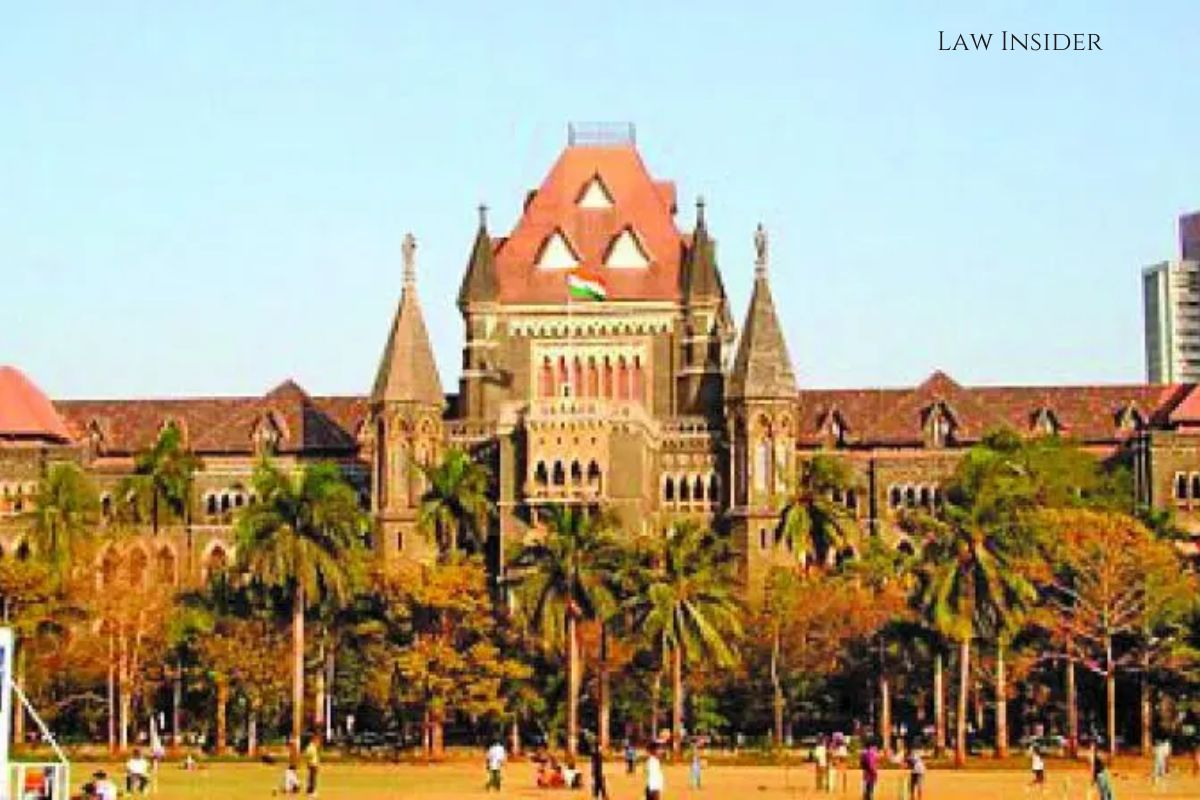Savvy Thakur
Published on: October 21, 2022 at 21:02 IST
The Bombay High Court amended the Civil Manual of 1986 and the Criminal Manual of 1980 to require compliance with orders from the Supreme Court and Bombay High Court based on electronic copies rather than requiring a hard copy.
Paragraph 675 (A) was added to Chapter XXXV of the Civil Manual in the notification that was issued by Registrar R. N. Joshi.
When e-authenticated copies are sent through the Fast and Secure Transmission of Electronics Records (FASTER) system, paragraph 675 (A) states that the receiving Court should make sure that orders from the Supreme Court and High Court are followed.
Chapter XXXII-A, titled “E-Judgments, Orders, Processes, and Systems,” was added to the Criminal Manual 1980 in accordance with the notification.
The amendment stipulates that, without requiring a hard copy, copies of Supreme Court and High Court orders, judgments, and processes communicated via the FASTER system must be accepted as effective, valid, and binding for all purposes in the criminal manual.
Additionally, the FASTER system must be used by the lower courts to ensure that e-authenticated copies of bail orders and other processes communicated by the Supreme Court and Bombay High Court are followed without requiring a hard copy.
A system for transmitting electronically authenticated copies of interim orders, stay orders, bail orders, and proceedings records to duty holders for compliance and proper execution via a secured electronic communication channel was introduced on March 31, 2022, by former Chief Justice N. V. Ramana.

